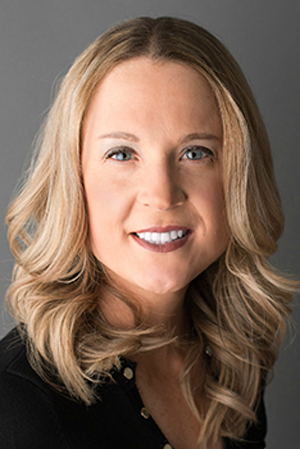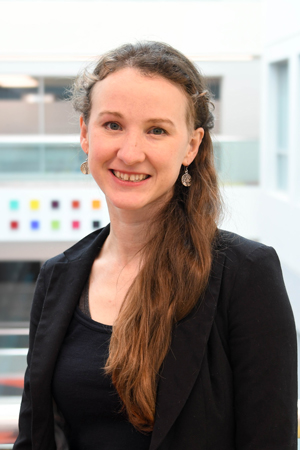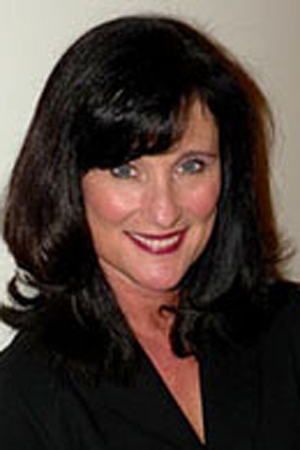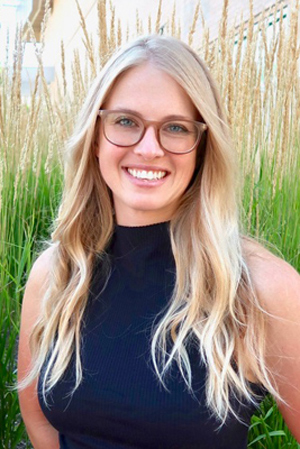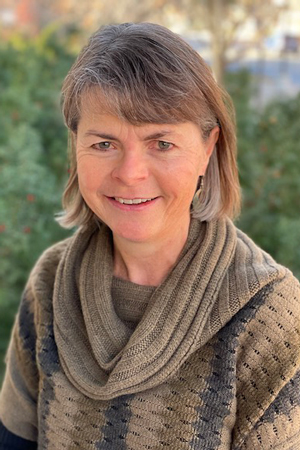The specialization
Speech-Language Pathology is one of seven specializations within the Disability Disciplines PhD Program in the Emma Eccles Jones School of Education and Human Services. Specializations balance a common core of multidisciplinary coursework and applied activities with a strong focus on the specific disciplinary perspective, knowledge, and skills.
To develop research knowledge and skills, students are expected to engage in multiple research activities with their mentors and other faculty.
Get the planning guide for this specializationProgram Contact
Associate Professor of Audiology, Communicative Disorders and Deaf Education
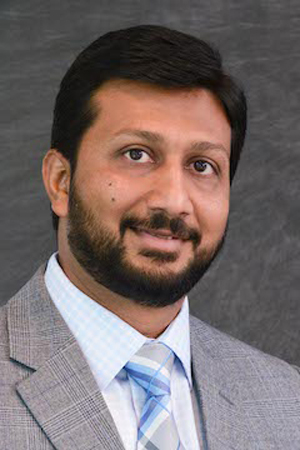
Phone: 435-797-1704
Email: naveen.nagaraj@usu.edu
Research Opportunities
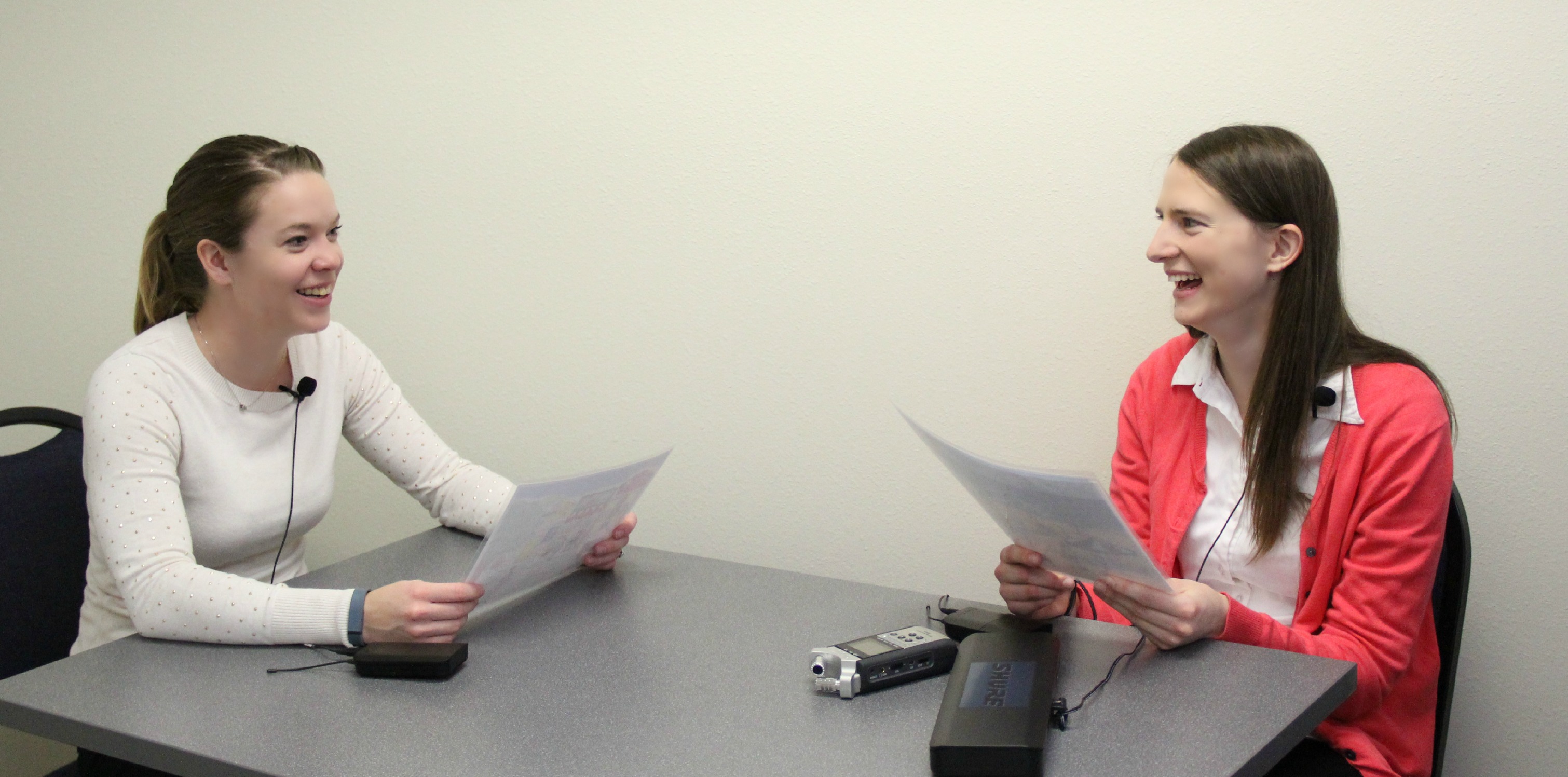
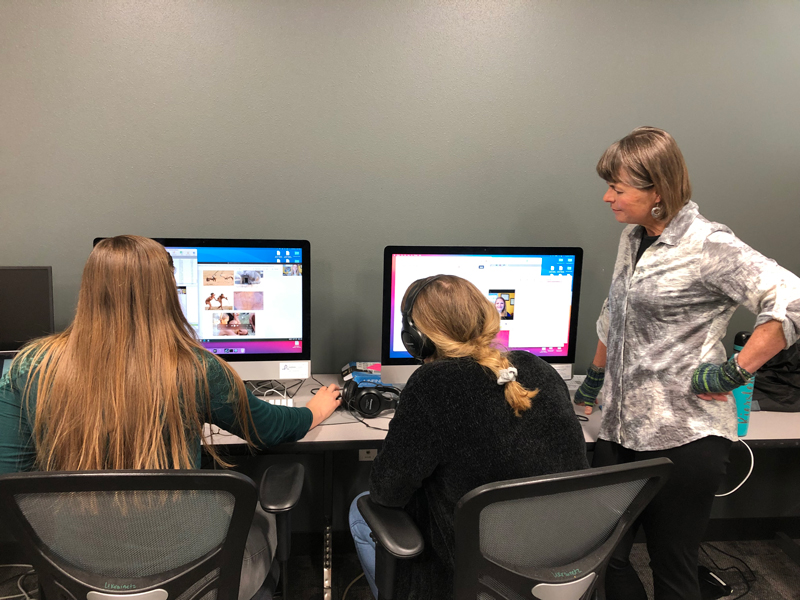
Dr. Ukrainetz’s current research involves developing SLP interventions to improve expository language and learning for later elementary and secondary grade students. A small team of dedicated graduate and undergraduate students help carry out this work. Responsibilities might include: collecting data from study participants, administering and scoring assessments; conducting language sample transcription and coding; evaluating treatment fidelity and testing reliability, setting up online surveys, or entering data and managing records. Some students turn their work into theses and projects that they present at conferences or that form part of scholarly articles and research publications. No matter the task, everyone contributes to the advancement of knowledge and improvement of practice in speech-language pathology!
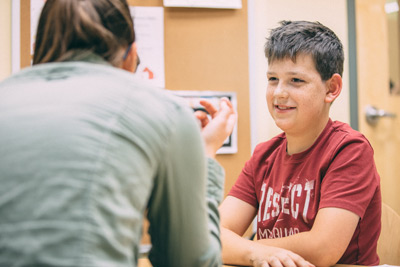
Research in the LEAP (Language, Education and Auditory Processing) Brain Imaging Lab, directed by Dr. Ron Gillam, applies the principles of behavioral and cognitive neuroscience to solving core problems in psycholinguistics. Our goal is to advance our knowledge of neural processing and neuroplasticity in children with communication disorders. We hope our research will lead to greater understanding of the best ways to promote brain changes through language, literacy, and STEM education.
Current research projects combine behavioral experimentation methods with neuroimaging methods (Near Infrared Spectroscopy, EEG, eye-tracking, and pupilometry) to examine neural and cognitive processes involved in accessing, manipulating, storing, retrieving, and classifying information. We also are examining changes in activation patterns across micro- and macro-brain structures during information processing tasks.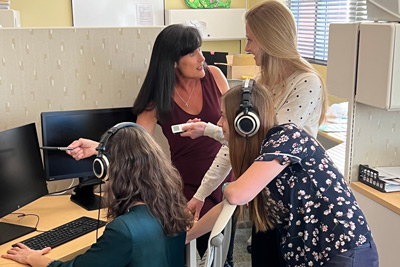
The Child Language Lab is headed by Dr. Sandi Gillam. Research in this lab focuses on the development of assessment tools and intervention approaches for improving cognitive, social and academic performance of individuals with language and learning problems. Students working in this lab use language sampling and coding techniques, administer and score standardized and criterion referenced assessments and investigate methods for measuring and improving discourse-level language. Students are encouraged and mentored to present at national conferences and to contribute to scholarly articles published in peer-reviewed journals.
Admission Deadline
Applications to the PhD Program are due January 15th for the following Fall semester.
Financial Aid
Excellent financial assistance is available to qualified students in the Disability Disciplines program. Support includes a monthly living stipend, tuition waiver, participation in professional conferences, and computer technology.


